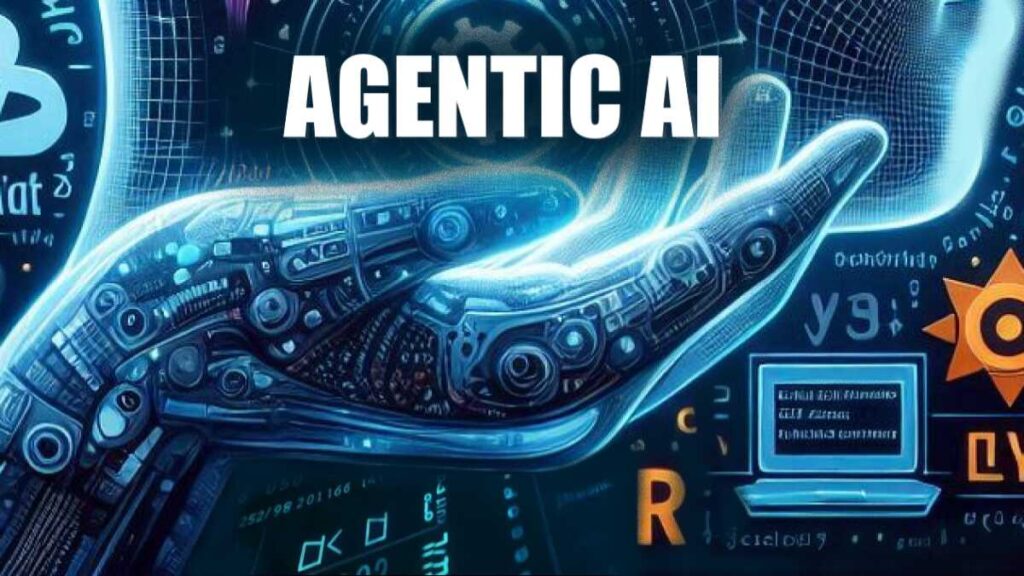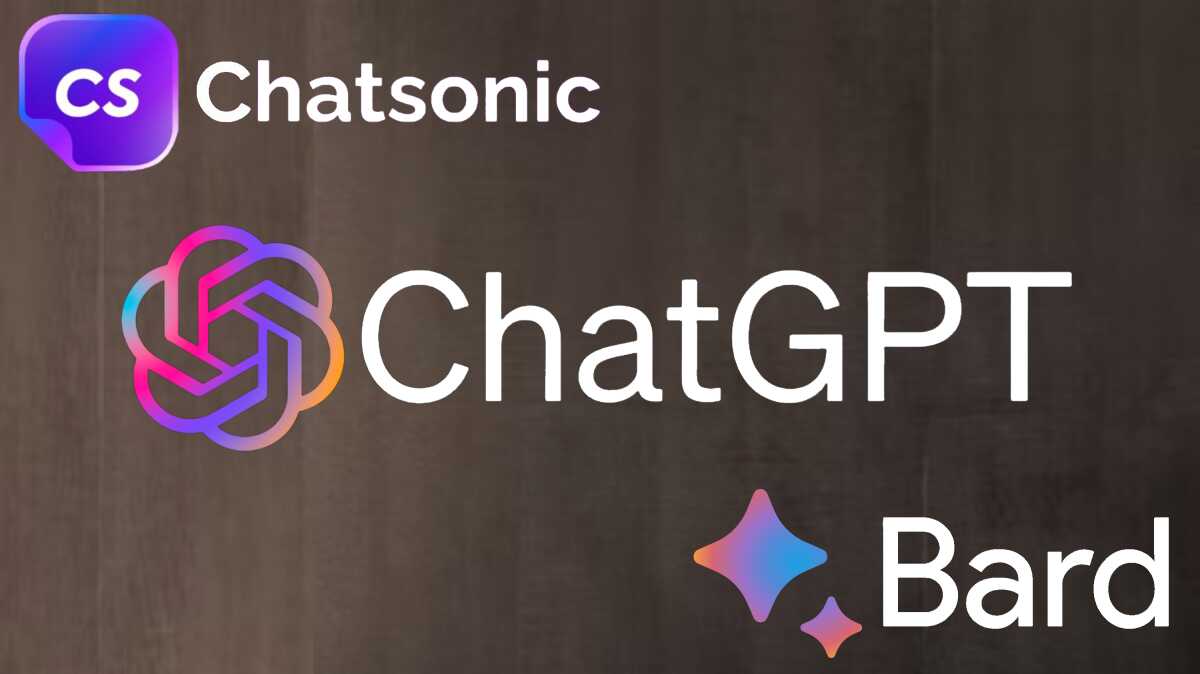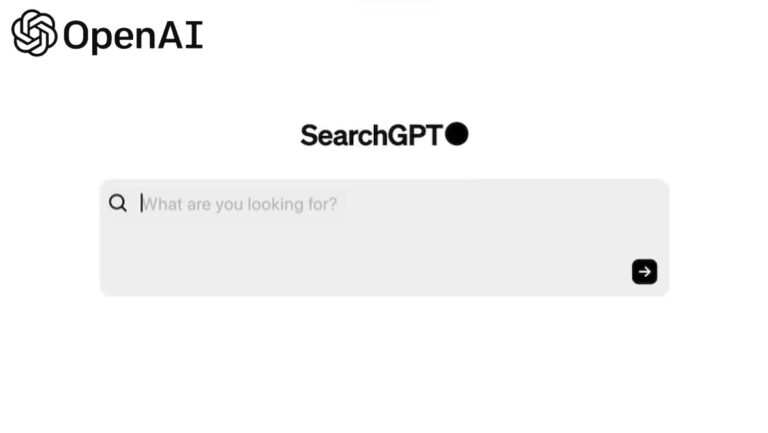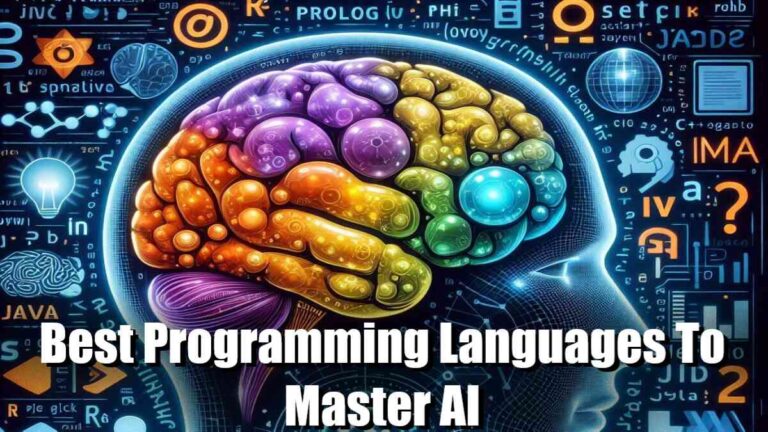Agentic AI: Autonomy is the next step in AI’s evolution
Agentic AI is set to revolutionize the industries by operating independently without any human intervention and going beyond chatbots and text generation.

Visuals and human-like texts are the two things AI is used for most profusely today. However, the real use of AI is in autonomy. The ability of AI to function on its own, without any human intervention whatsoever. While this may not be entirely possible today, several live examples are going well in this direction.
Currently, AI has reduced the workload that was traditionally performed by human beings. Chatbots and text generation are two very common examples. A Google Cloud study says that 70% of the companies employing AI in some way have seen ROI on at least one use case. And this percentage is projected to grow rapidly. A recent McKinsey report says that generative AI will add a value between $2.6 trillion to $4.4 trillion to all sectors annexed with AI.
But these numbers will be left in the dust as soon as “Agentic AI” arrives on the scene. An AI that has the ability to be its own agent and perform astronomical proportions. For example, it can manage cybersecurity in real-time, supervise a marketing campaign by generating its own copies, or even serve as a reliable personal physician.
What is Agentic AI?
What exactly is Agentic AI? Simply put, it is the combination of machine automation that we see all around us today (like an automatized thermostat) and the modern large language models (LLMs) that today’s AI programs like ChatGPT use.
Right now, AI is used vastly in IT industries to immense effect. Docker, Kubernetes, and Terraform are some examples that showcase the self-monitoring, self-healing, and auto-scaling technologies that current AI programs are capable of. Essentially, they allow a human (the operator) to tell a machine (AI) what they want in code, and the machine does it.
While we get a lot more work done than was ever possible without such systems, they still require experts, like engineers. These guys must predict what happens next and write coded scripts to cover every foreseen circumstance. Agentic AI goes beyond this in two ways. First, this preliminary encoding becomes available even to non-experts by allowing transactions between AI and humans to happen in simple languages, like English. Second, scripts no longer are static but change dynamically based on unique situations determined by LLM-generated codes.

What is the use of Agentic AI?
Below, we give a list of properties integral to an agentic AI:
- Generation: Agentic AI’s output is not simply a generated text based on a query. Rather, they use the LLM’s large database to read an output as an intermediate step to reach a response that has passed through various checks.
- Tool calling: Automated AIs can use specific tools or APIs to cause certain events as reasoned by the AI program.
- Discovery: They are not limited to human inputs for data. They can use LLMs to fetch complex data sets or even collaborate with a variety of real-world tools and data streams to retrieve whatever information might best suit the task at hand.
- Execution: These AIs can trigger real-world actions via external systems and APIs. Sending an email or ordering a pizza are examples of this property.
- Autonomy (Self-prompting): Agentic systems are always on, meaning intermediate human inputs are not needed to reach an outcome. A chatbot only responds when it is prompted, but that is the case with these systems.
- Planning: These AIs do not need a human-written course of action. They can decide the best actions by themselves based on the LLMs.
- Composition: These AIs have the power to organize and compile the proper configuration of responses needed from a single input. That could mean delegating to other AIs, contacting and collaborating with APIs, or reaching out to other services.
- Memory: They can be trained to remember case-specific datasets. This ability allows the AI to create and perpetuate its internal knowledge system and representation. An example would be the unique preferences of a particular online shopper which has been extracted from chats and purchase behavior.
- Reflection: The most important property of these AIs is that it can reflect and assess its performance. Based on this, it can work in a particular direction without any human intervention.
The impact of Agentic AI across fields
The description we’ve given above is idealistic. However, some agent frameworks are making lots of progress in the direction of an agentic AI. Langraph, Autogen and CrewAI are just some of them. We’ve put together four areas where we feel the impact of these automated AI is at its best.
- Marketing
Marketing is all about personalization. Now the updated AI in this field has made huge strides by utilizing information-disseminating streams like email, WhatsApp, SMS, and even Instagram. These AI learn continuously from user behavior from ever-relevant recommendations to increase customer engagement. Marketing campaigns also utilize agentic AI to look at trends in purchase and browsing history and craft ultra-personalized advertisement copies. Netcore’s Co-Marketer AI and Salesforce Agentforce are just two examples. - Infrastructure and IT operations
IT infrastructure management has always been crippled with the need for extensive manual oversight. However, agentic and autonomous AI is changing that. Cloud applications’ deployment, creation of environment, scaling, and the ensuing uptime are some examples of this change. Qovery is a platform that performs all these operations with a higher level of decision-making capacity. - Cybersecurity
Cybersecurity is a serious activity that benefits tremendously from these AIs, mostly due its capacity for tremendous volumes of supervision without error. Examples of this are Darktrace and Vectra AI. These AIs learn legitimate behavior patterns and continuously update them. Using this, they can recognize malicious traffic and take the required response. This response could be the application of a quarantine or isolation of a compromised segment. - Sales
Tools like Conversica and Relevance AI are revolutionarily changing the sales game. Some examples of the use of automated AI in this field is the initiation of conversations, answering inquiries, and following up through various media. Due to automation, no leads go unobserved or unnoticed and the increase in business is tremendous, sometimes up to five times faster than with traditional methods.
The advent of agentic AI is obvious and only a matter of time. Businesses and services will increase in efficiency, ability, and speed of production with its application. And these AI agents will reshape the way industries, like marketing, cybersecurity, sales, or management, work on a day-to-day basis.





